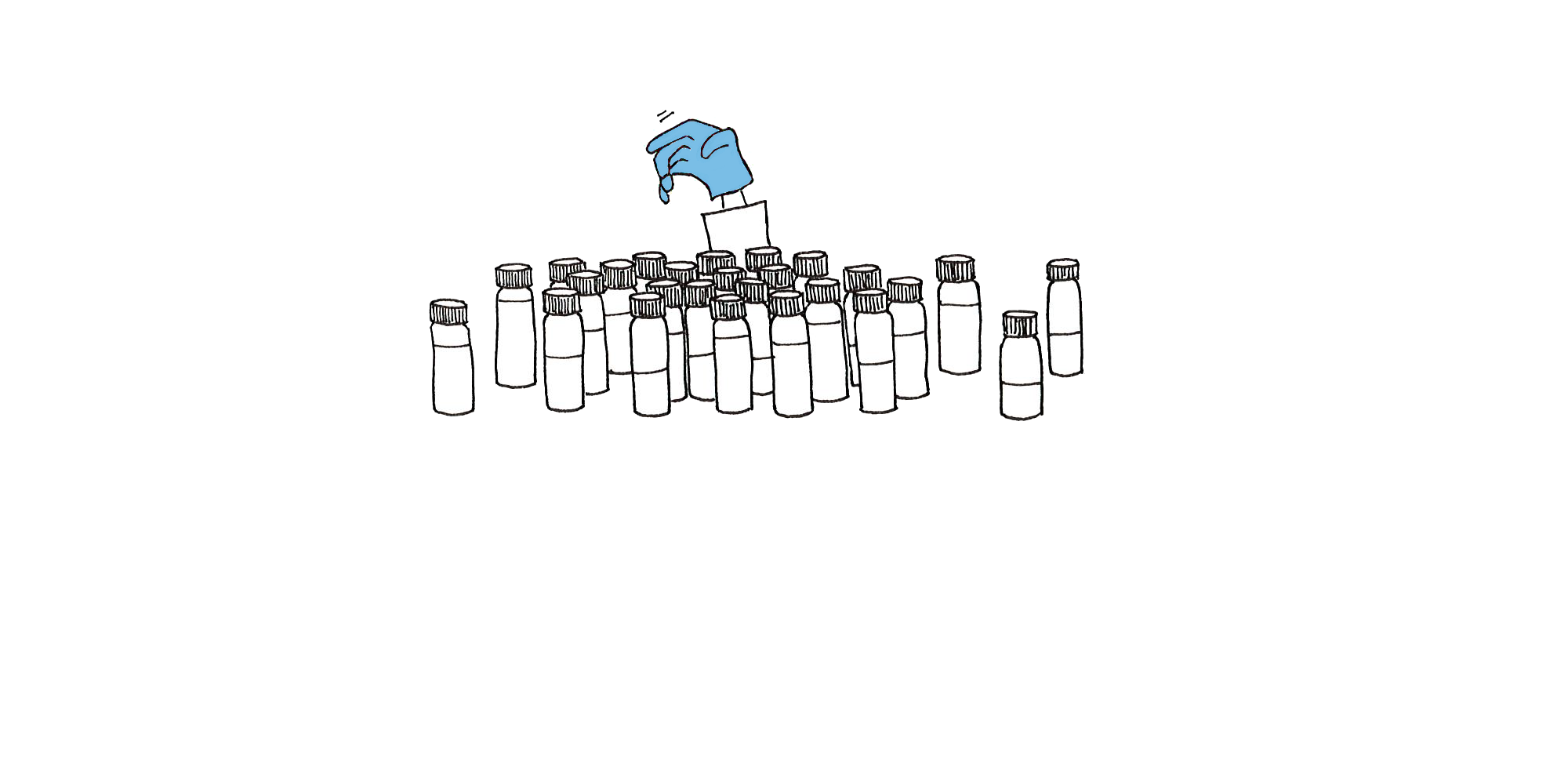When I am a little frustrated, I blog about it. I have found that it clears your head and is quite an effective release mechanism.
And recently, I have found another way for times when I am more frustrated – a LOT frustrated:
Wash glassware.
Just grab a brush, pour a dollop of soap and take it ALL out on the stupid organic stuff sticking in there that just won’t go away. Bonus points for you if you can get it sparkly clean (suitable for a dish-washing soap advertisement) and a gold medal (albeit imaginary) if you can make that water “sheet” over your glassware during your distilled water rinse (nothing more spiritually satisfying than that).
Washing glassware is my research-bane: it’s the rate limiting step to my progress – where I’m most likely to procrastinate when starting a new experiment. To a normal human mind, washing some glass bottles and beakers could look like a mundane and quick step, but it can be quite tiring and time-consuming depending on how finicky you are about your glassware (and of course, we scientists-of-the-wet-labs, have specific procedures for washing our dishes.)
(Also, if you would like to read in depth about the many things that can get your beakers sparkly clean (except for cracks and scratches, where the only remedy might be to get new sparkly-clean glassware), I highly recommend this link).
So if I can have really clean bottles in my cabinet and methodically washed glass slides in my drawer, I have one less excuse to laze around and can start working on my next steps. It’s like killing two birds with one stone and so this is where I can channel the frustration of my failed-lab-experiments.
Now, from my recent frustrations, I have accumulated a fair number of glass bottles and washed slides and I am good for a couple of upcoming series that I should be running.
After I run out, I can think about learning the art of strategic frustration so that I can always have some clean glassware at hand in future, or when needed (not sure how that would work, but if I do, that can be for another blog post).
